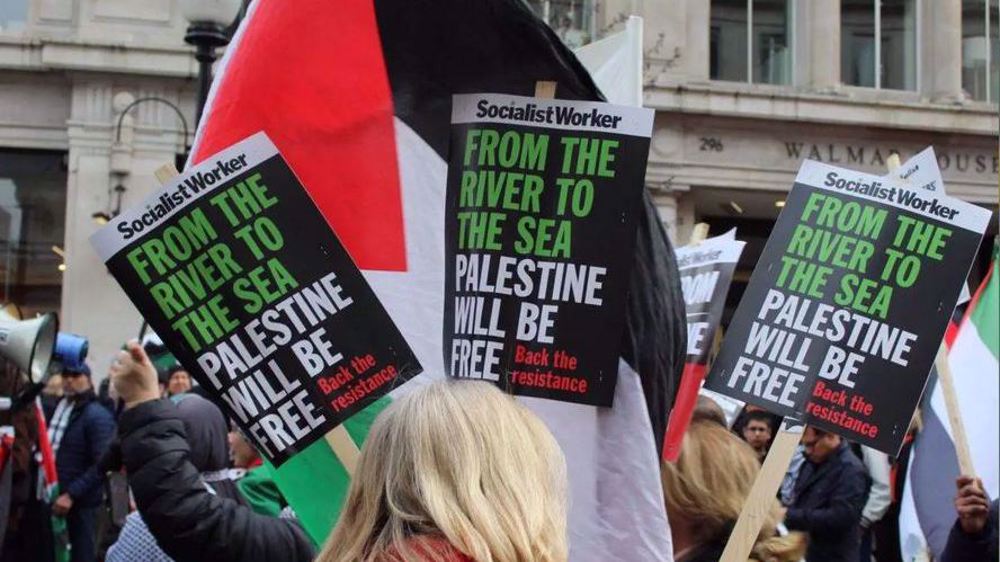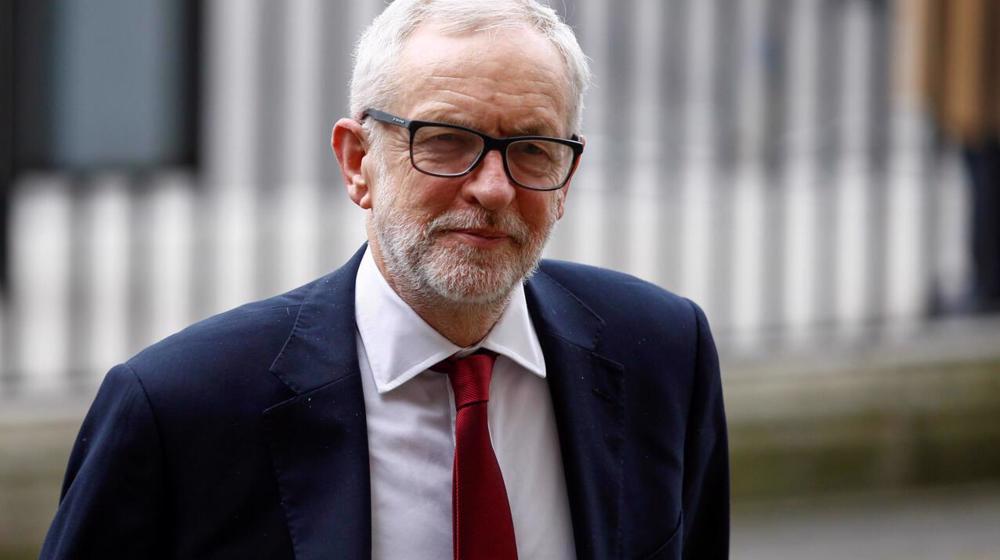Post-Brexit trade talks reach ‘critical moment’
The final days, and possibly hours, of post-Brexit trade negotiations between the UK and the European Union (EU) are unfolding against the backdrop of a feverish political atmosphere.
Earlier on Monday (December 07), Paymaster General, Penny Mordaunt, told the House of Commons: “We are at a critical moment in the negotiations”.
“We are all working to get a deal, but the only way that’s possible is if it’s compatible with our sovereignty and takes back control of our country’s trade and waters”, Mordaunt proclaimed in Parliament.
More ominously, Mordaunt told MPs that the UK was prepared to “walk away” from negotiations if the EU could not “find compromises”.
Meanwhile, the EU’s chief negotiator, Michel Barnier and his British counterpart, Lord David Frost are still engaged in intensive talks in Brussels.
However, Irish Foreign Minister, Simon Coveney, has described the EU negotiating team’s frame of mind as “gloomy” and “downbeat”.
Earlier, an EU diplomat told Sky news that negotiations have entered the “endgame” and time is “running out quickly”.
“Despite intensive negotiations until late last night, the gaps on level playing field, governance and fisheries are still not bridged”, the EU diplomat complained.
The diplomat concluded that the outcome of talks is “uncertain” and that it can “still go both ways”.
To increase tensions further, Boris Johnson and European Commission president, Ursula von der Leyen, reportedly "paused" their telephone conversation after only 90 minutes, during which they were supposed to discuss the state of the negotiations.
The two leaders were scheduled to speak at 1600 GMT on Monday (December 07), their second phone call in 48 hours, and the apparent lack of breakthrough is set to dramatically increase anxiety in London and Brussels.
To complicate matters further, later on Monday (December 07), the UK Internal Market Bill (IMB) will return to the House of Commons for a second review.
The intensely controversial proposed legislation could potentially allow the government to break international law by canceling key features of the original Brexit treaty, known as the withdrawal agreement.
But in an apparently conciliatory gesture the government has said it is prepared to drop the most controversial parts of the IMB – specifically those that are inimical to international law – but only if a trade deal is concluded within the agreed timeframe.
The Brexit transition period is set to end on December 31, and in the absence of a deal the UK and the EU will be forced to trade on World Trade Organization terms.
Hot water and sewage: Palestinians share harrowing tales of torture in Israeli prisons
VIDEO | Thousands evacuated in Ethiopia amid earthquakes, volcanic eruption fears
Revealed: Israeli ministers eye restoration of illegal settlements in Gaza through genocide
How Los Angeles’ pistachio tycoons facilitated and profited from wildfires
Iraqi PM: Iran was in Syria to fight terrorism; presence requested by Damascus
Hamas: Israel's massacre in Jenin camp won’t break resistance
60 bodies recovered from abandoned South African gold mine: Police
Biden administration ‘quietly’ circumnavigating own ban on TikTok: Report
















 This makes it easy to access the Press TV website
This makes it easy to access the Press TV website